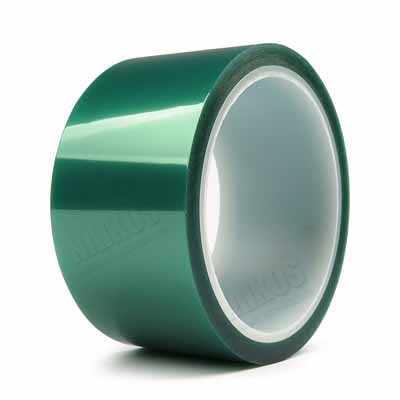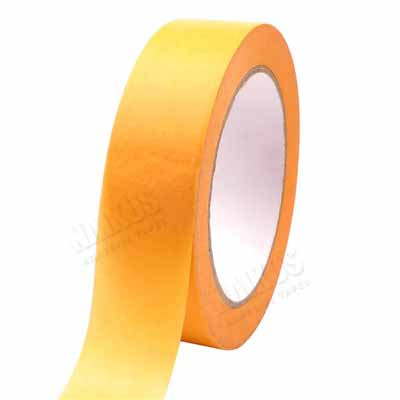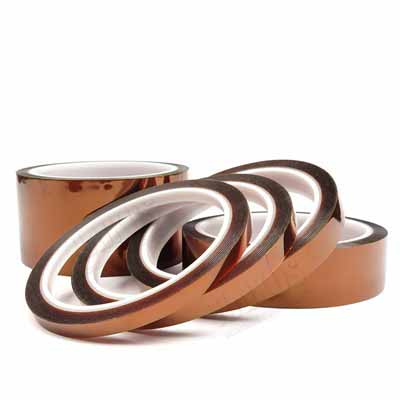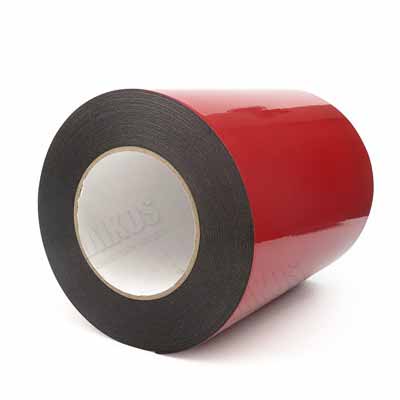A commonly used tape for sealing, Kapton tape comes in several different types. which is widely used in home, automotive, and electrical applications. Here I will discuss both the advantages and disadvantages of Kapton tape.
First of all, what is polyimide tape, and why is it an excellent choice for sealing? Polyimide tape is made from a special synthetic polyimide material, which has a very high electrical resistance to various levels of heat. which remains quite stable even across a broad spectrum of temperatures. Kapton has also been extensively used in thermal and chemical insulation and is also used in thermal and photovoltaic applications.
Besides its electrical and thermal properties, what makes Kapton polyimide superior to many other materials is its dielectric strength. Standard synthetic fibers are not nearly as conductive as polyimide, although some varieties of polyimide have higher dielectric strength than others. This means that when using Kapton tape in a process, the end product is much stronger than other soldering processes. For this reason, it is frequently used in conjunction with other types of soldering, especially soldering used in conjunction with copper wire.
Speaking of copper wire, where are we going to use this super-strong, highly conductive material? Well, you know that copper foil has high electrical and thermal conductivity. This is a handy size to work with because when working with large pieces, it is important to be sure that you have enough surface area available to complete the task at hand. When working with lower-temperature surfaces, however, it is important to be even more aware of the need for space between the hot materials and the cold materials, so keep in mind that if you are using polyimide tapes in high-heat heat environments, you may need to place them far apart from one another.
One final application of this incredibly strong and versatile material is in carpet padding. Kapton tape can be used either alone or in combination with other insulation to create a tight, sturdy barrier that will help keep your feet warm in the winter. The polyimide tapes also have the ability to be rolled onto themselves to form a tight, even layer that is ideal for insulating a basement area. They can even be cut to the required length to make air gaps in cold areas, or used as door insulation. Because of their exceptional durability and insulation properties, it is easy to see why Kapton tape has become such a popular option for both industrial and residential applications.
Although there are numerous potential uses for Kapton tape, its most valuable qualities are its dielectric strength and thermal conductivity. The dielectric strength allows the material to be used not only for interior applications but as a barrier to temperature change as well. While thermal conductivity is useful in keeping stored materials at a consistent temperature even without direct human involvement, the best applications of the material are seen in applications where it is needed to keep stored materials at a consistently elevated temperature. For this reason, both commercial and residential applications of highly adhesive and waterproof material are seeing a large amount of growth in recent years, due to both their usability and their remarkable ability to protect the environment.




